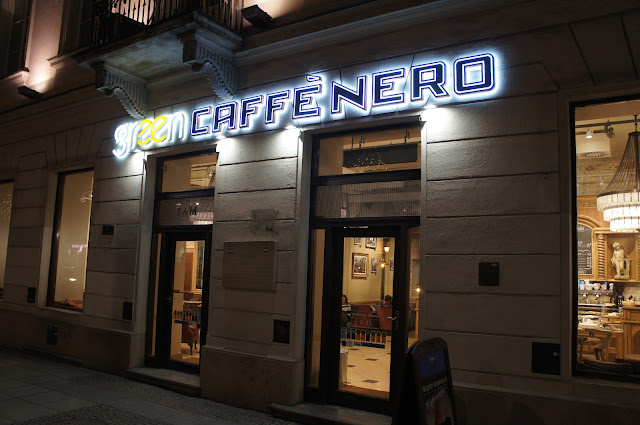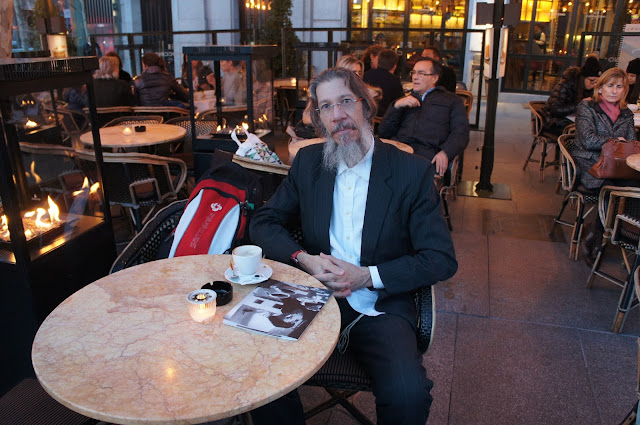JACOB JR, MY JEWISH WORLD. HEINRICH GRAETZ AND THE ORTHODOX JUDAISM
 |
| HEINRICH GRAETZ |
Wednesday, Tammuz 28, 5776. August 3, 2016.
Shalom! World.
Heinrich Graetz (Posen - 1817-91) began his career as Hirsch student, dedicated to continuing the fight against reform movement. Graetz was profoundly affected by reading Hirsch's publications and most sympathetic to Hirsch stated objection to the notion that Judaism could be narrowed down into the sphere of life called religion. Like Hirsch, Graetz affims the totality of Judaism and Jewish existence, which includes all aspects of private and public life. Graetz believes that Judaism law is the lifeline of Judaism without which Jews and Judaism have no future.
Graetz criticism of the reform movement coheres with an internal critique that began in 1845 when Zacharias Frankel (1801-75) walked out of a conference of reform rabbis in Frankfurt over the issue of the Hebrew language's role in Jewish liturgy. The reformers wanted to eliminated Hebrew form the liturgy, and Frankel believed that they had gone too far, not only in matters of language and liturgy, but also in discarding the Talmud, the Jewish Shabbath, and the conception of a messianic hope.
In 1843, Bruno Bauer (to whom Karl Marx responded in his famous "On the Jewish Question") argued that Jews had not proven themselves worthy of emancipation, and could only become so if they gave up the Jewish religion. Frankel and his followers seriously questioned whether Jews and Judaism would ever be accepted by german society, and asserted that reverence for the Jewish past required more loyalty to the strictures of the past than the reform moviment had recognized. Georg Wilhelm Friedrich Hegel (1770-1831), contends that Judaism posits an absolute dichotomy between humanity and G'd that is then overcome by christianity's notion of the unity of the human and divine in christ's incarnation.
According to Graetz, this constant dialectical relationship between theology and politics means that "Judaism is not a religion of the individual but of the community. That actually means that Judaism, in the strict sense of the word, is not even a religion - if none understands thereby the relationship of man to his creator and his hopes for his earthly existence - but rather a constitution for a body politic."
Graetz insists that the destruction of the Second Temple in 70 c.e. did not end Jewish nationhood. He divides Jewish history into four periods: first period begins with the Torah and ends with the destruction of the First Temple in 586 b.c.e; the second period spans the second commonwealth and concludes with the destruction of the Second Temple in 70 c.e; the third period includes the long medieval period through the end of the eighteen century; and finally the fourth period starts with Mendelssohn and ushers in the science of Judaism that begins to bring Judaism's idea of itself to self-consciousness.
Graetz's claim that "Judaism is not a religion of the individual but of the community."
Shalom! Aleichem.
Cultural Support: Jacob Jr. B.A.C.E., avec L'Integration d'Association avec Israel et dans le Monde/Cz .



Comments
Post a Comment